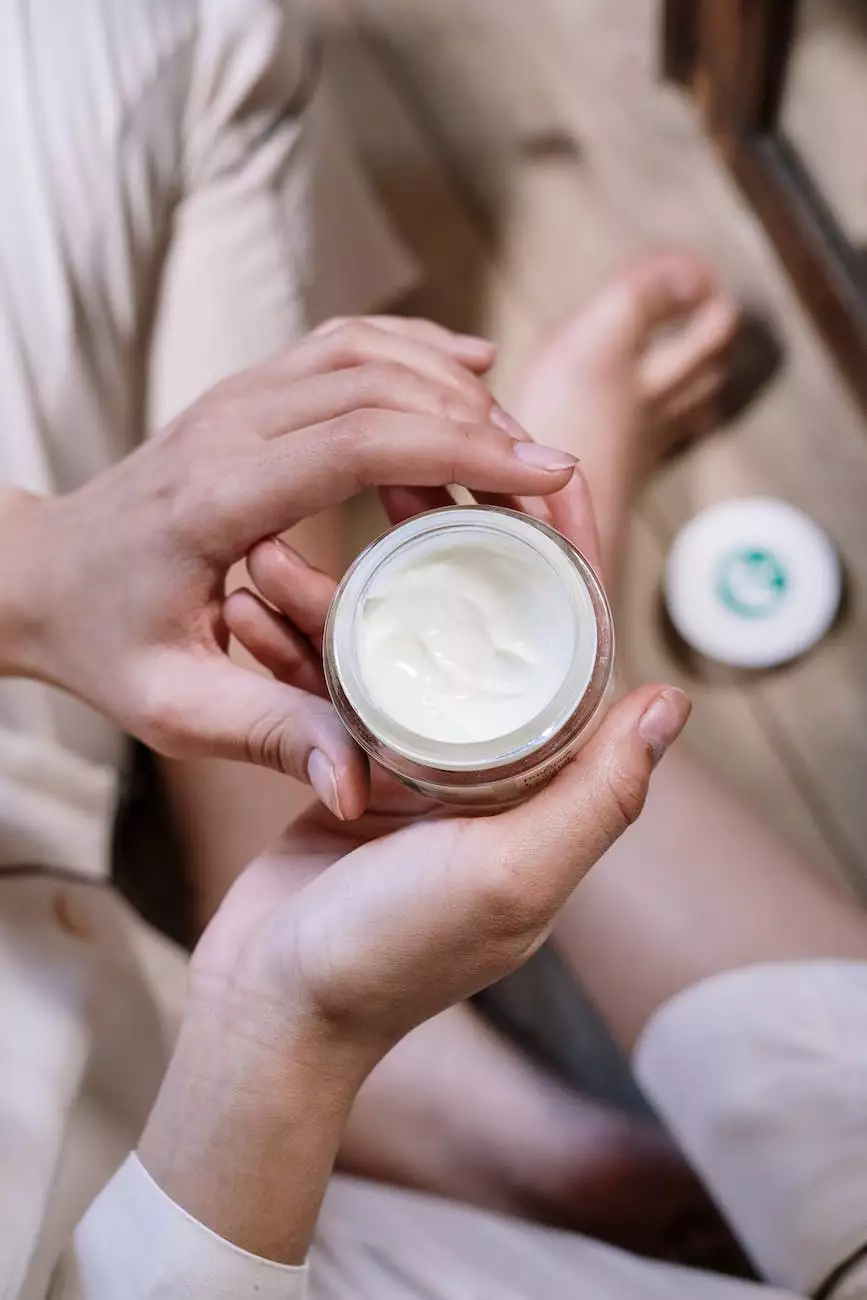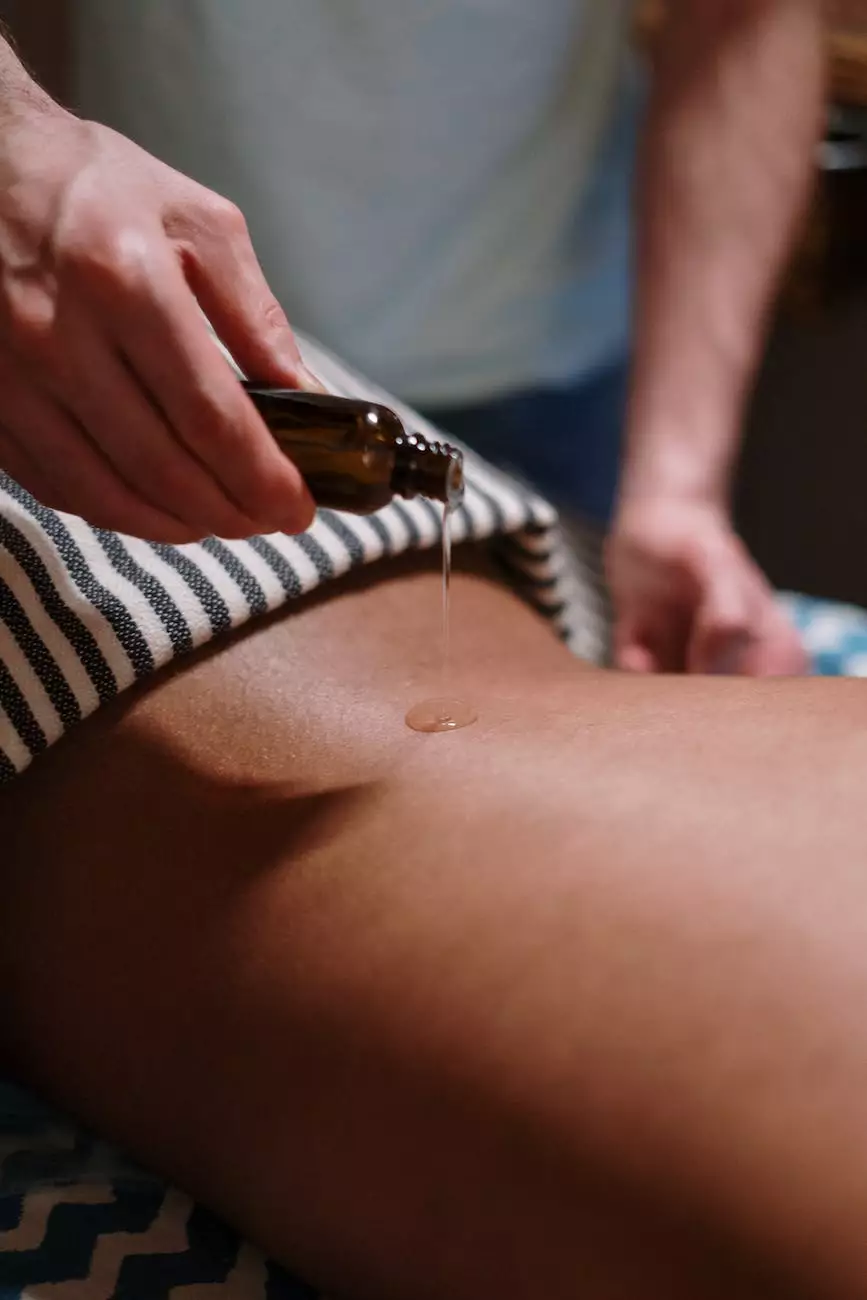Penile Fracture: Symptoms, Causes, and Treatment
Injuries
Welcome to Pain Cream Advisors, your trusted source for comprehensive health information. In this article, we will discuss penile fracture, its symptoms, causes, and treatment options. Our goal is to provide you with valuable insights and resources to help you understand and manage this condition effectively.
Symptoms of Penile Fracture
A penile fracture is a serious injury that occurs when the tunica albuginea, the tough, fibrous covering of the penis, tears. This injury typically happens during vigorous sexual activity or as a result of trauma. It is important to recognize the symptoms early on to seek immediate medical attention. Some common symptoms of penile fracture include:
- Distinct popping or cracking sound
- Sudden severe pain
- Rapid swelling and bruising
- Inability to maintain an erection
- Deformity or bending of the penis
- Blood in the urine or ejaculate
If you experience any of these symptoms, it is crucial to consult a medical professional promptly. Delaying treatment may lead to complications and long-term effects on sexual function.
Causes of Penile Fracture
Penile fractures can happen due to various reasons, most commonly during vigorous sexual activity. Some common causes include:
- Forceful bending or twisting of the erect penis
- Accidental trauma or injury
- Engaging in rough sexual intercourse
- Prolonged pressure or compression on the penis
Understanding the causes can help individuals take necessary precautions and make informed decisions to minimize the risk of penile fractures.
Treatment Options for Penile Fracture
Due to the severity and potential complications associated with penile fractures, immediate medical attention is essential. Treatment options often include:
- Surgical repair: In most cases, surgery is required to repair the torn tunica albuginea and restore normal function. The procedure aims to realign the penile tissue and prevent any long-term issues.
- Medication and pain management: After surgery, your healthcare provider may prescribe medications to manage pain, prevent infection, and promote healing. Follow the prescribed regimen diligently.
- Rehabilitation and recovery: Recovery from penile fracture involves post-operative care, which may include avoiding sexual activity for a period recommended by your surgeon. Physical therapy exercises may also be recommended.
- Psychological support: Dealing with a penile fracture can have emotional and psychological implications. Seek professional support, if needed, to address any concerns or anxieties.
Preventing Penile Fractures
While penile fractures are not entirely preventable, there are steps you can take to minimize the risk:
- Engage in sexual activities with caution and avoid vigorous thrusting or bending movements.
- Ensure open communication with your partner to establish mutual comfort and understanding during sexual encounters.
- Take breaks, especially during extended sexual sessions, to reduce fatigue and prevent excessive pressure on the penis.
- Consider using lubrication to reduce friction and lessen the chances of injury.
- Attend regular check-ups with your healthcare provider to address any underlying conditions that may increase the risk of penile fractures.
Conclusion
In conclusion, penile fractures are a rare but serious condition that requires immediate medical attention. Recognizing the symptoms, understanding the causes, and knowing the available treatment options are crucial for proper management and recovery. Pain Cream Advisors aims to provide comprehensive information on various health topics, and we hope that this article has helped you gain valuable insights into penile fractures. Remember to consult a healthcare professional for personalized advice and guidance.




